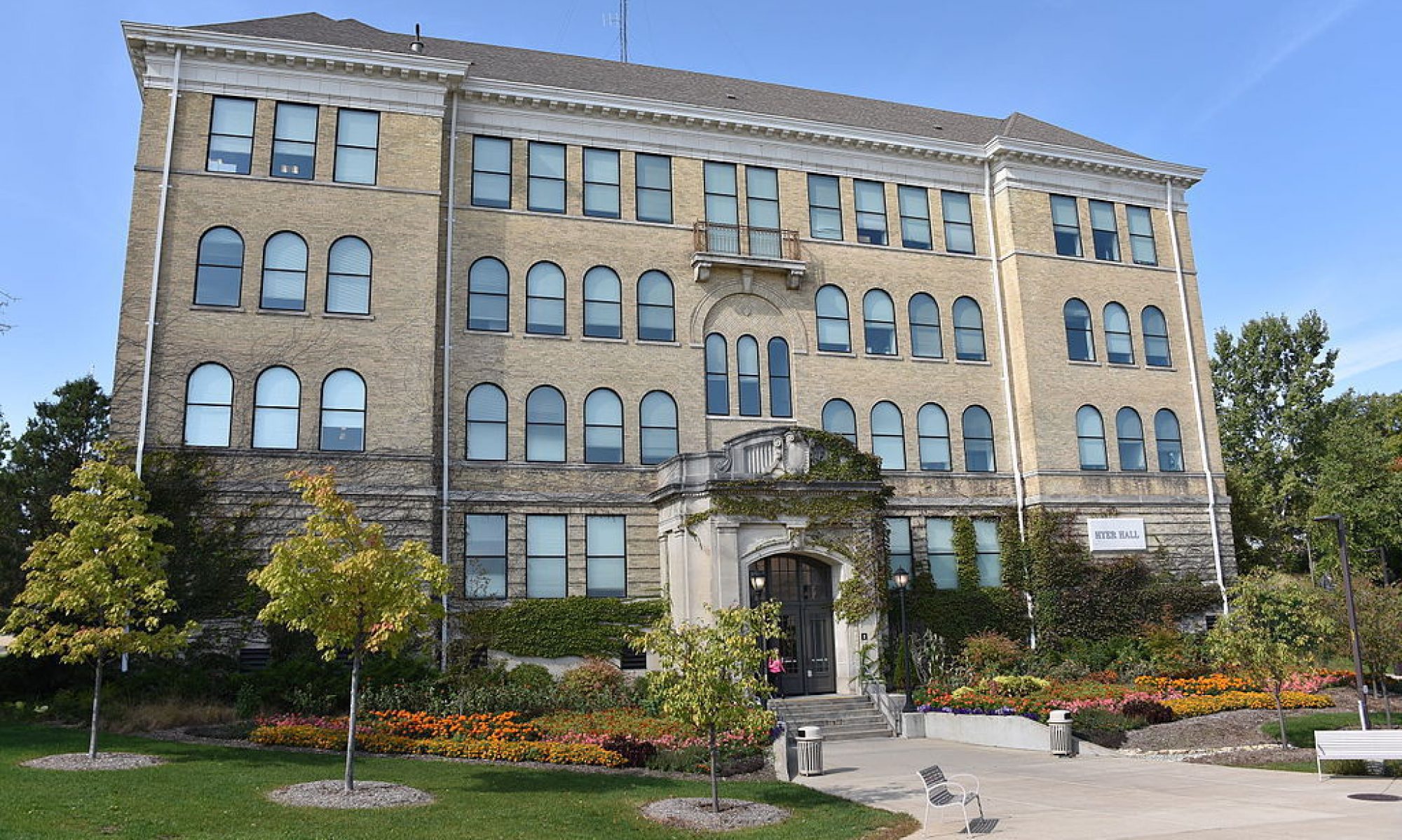During the winter months, utilities seem to be more expensive when constantly heating your home or apartment. However, there are a lot of ways to save money on your utilities when the weather gets colder. One very simple way to cut down on expenses is to bundle up while you’re at home. Wearing warmer clothes allows you to keep your house at a lower temperature. Another way is to use limit the use of space heaters as they consume a lot of electricity and drive up your bills. To combat this, use your space heater to only heat a single room and keep your door closed to keep the heat in. Instead of leaving the heater on for long periods of time, turn it off once your room is warm and wait as long as you can before turning it back on.
There are also a few other ideas that some people don’t typically think of. For example, if you are using the oven, leave the door open once you are done and have turned the oven off. There is a lot of heat that stays inside of an oven that gets wasted, but if you were to open the door, that residual heat can be used to heat your house. Another way to help heat your house is to keep your ceiling fans on low. This setting allow for warm air to be circulated downwards to help heat larger areas.
For more information on money saving tips or if you have questions or concerns related to your personal finances, contact the Financial Literacy Center to schedule a coaching session.

